Water Meter
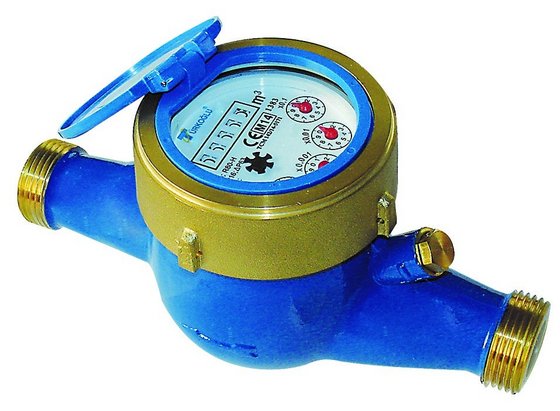
Water Meters are sensors that indicate flow totalization of water. Water meters are used to measure the volume of water used by residential and commercial buildings that are supplied with water by a public water supply system.
Our Supply and Installation of Water Meters Services offer more than the data needed to conduct an accurate billing. Because we believe that smart water metering is not just a matter of increased accuracy. It is also about strengthening consumer about quality management, Cost protection, Building management and Non-Revenue Water. It is about being able to make the right decisions and chose the right investments.
We, at Eaglescrew LLC, have an expertise of managing the installations of water meters in large structures such as commercial complexes, shopping malls, industrial building etc.
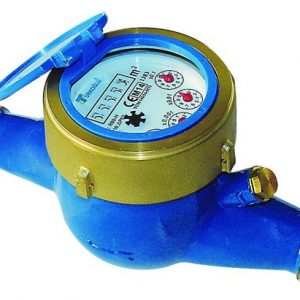
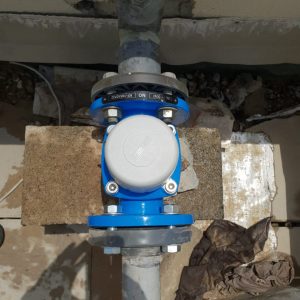
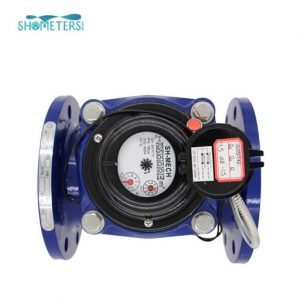
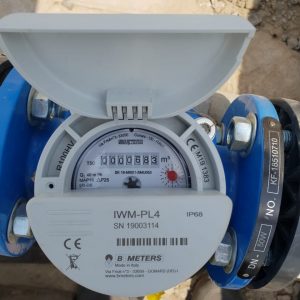
Our Team
All of us at Eagles Crew have a passion to deliver fantastic results through best quality workmanship and within the client budget. We combine the technical experience, best team to execute the job at its best quality.
Our Mission
Delivering what we promise, when we promise it! We believe in exceeding our clients’ expectations and consistently achieving excellence through our agility, innovation and best practices. Our commitment to support and add value for our customers, drives everything we do.
Our Portfolio

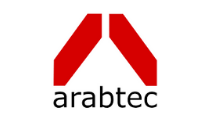







What is a water meter and why do you need one?
A water meter is a device that measures the amount of water used by a business or household. The meter is typically read monthly and the customer is billed for the amount of water used. Most water meters are located inside the home near the water meter box on the outside of the house. Water meters are useful because they track how much water is used in a household. This information can help households save money on their water bills by using less water. Water meters can also be helpful in tracking leaks in a home’s plumbing system.
How does a water meter work?
A water meter is a device used to measure the volume of water that passes through a pipe. The meter has a spinning disc that is rotated by the flowing water. The disc has marks on it that indicate the volume of water that has passed.
Types of water meters
There are three different kinds of water meters: electromagnetic, mechanical, and ultrasonic. Each uses a different mechanism to determine the volume of water that your facility uses, but they all provide reliable measurements. Meters measure the velocity of fluid passing through the measurement chamber while the chamber’s size determines the fluid flow. Here are some detailed discussions of the different kinds of water meters.
Electromagnetic water meters
A water meter in an electrical field measures your flow rate through the usage of voltage. As water flows over a pipe that is surrounded by magnetic fields and electrodes, it generates voltage. The flow rate of water refers to the generation of voltage, so the electrical meter can translate that into flow rate. That means that water flow determines your water usage.
Mechanical water meters
Water meters that mechanically function are very common. When water flows through the water meter, it drives an impeller to rotate. Whether the water meter contains a mechanical function or not, it is calibrated to calculate water flow based on this rotation. Mechanical water meters, however, are less accurate than other water meters, such as ultrasonic.
Ultrasonic water meters
Ultrasonic acoustic meters regulate fluid flow by sending out an ultrasonic wave to detect flow rate and time waves. Flow may be calculated by both travel time and the Doppler shift of the water stream. Ultrasonic water meters are accurate but more expensive than other types of water meters.
How can you read the water meter?
Reading your water meter is a crucial part of conserving water and detecting leaks in your home’s plumbing. While the process may seem daunting at first, with a little practice you can learn to read your water meter like a pro.
To read your water meter, find and locate the numbered dials on the face of the meter. These dials represent cubic feet or gallons of water used, depending on the design of your meter. To determine how much water you’ve used in a given time period, take the number on each dial and multiply it by the number of minutes in that period. If you have a 15-minute period, for example, and the 4th dial has the number 6 on it, then you would multiply 6 by 15 to get 90 cubic feet or gallons used during that time period.
How water meters can impact your water or sewer bills
Your water bill is largely based on how much water comes into your facility. Your sewer bill is determined by the amount of water that goes out of your facility. In many cases, your water utility companies assume that the same amount of water comes in and out of your facility, so measurements of your master water meter mean virtually everything when it comes to both your bills and fees.
If you do have submeters installed, and equipment and processes do not flow directly into the sewers (such as a cooling tower that uses evaporative cooling), you may be able to apply for an evaporative credit. Since your submeters specify how much water is flowing to this equipment, you may qualify for a sewer discount.
How can the water meter help to detect leaks?
A water meter measures the water entering your facility. It does not detect leaks. Nevertheless, there are two ways you can figure out when a leak exists using your particular water meter.
If your water meter indicates that you’re using more water than normal, that’s a good indicator that you may have a leak. If you turn off all the valves and supply lines that your meter opens to and still show water flowing into your business, that means you have a leak.
It’s important that you monitor water usage in order to stay aware of leaks in your facility before they become expensive. If you’re not checking your meter regularly, you might not notice a leak until your bill arrives, and at that time you could be wasting thousands of gallons of water per day.
Thus, a water meter is an important device that helps you keep track of your water usage. By knowing how much water you are using, you can save money on your water bill and conserve this valuable resource. If you don’t have a water meter, I encourage you to get one installed as soon as possible.
Call Us or Fill the Form
Sales
Support
https://eaglescrewllc.com/
Naif Deira, Dubai - U.A.E
We are a Dubai-based energy metering and submetering installer with hands-on expertise and trusted by national and international brands.
Whether it’s about electricity, water, heat/cold, or load management, Eagles Crew LLC provides what you need to ensure that your energy is managed with increased precision and reliability.
Company
Services
© 2022 Eaglescrew LLC
Website designed & developed by Contentlane
